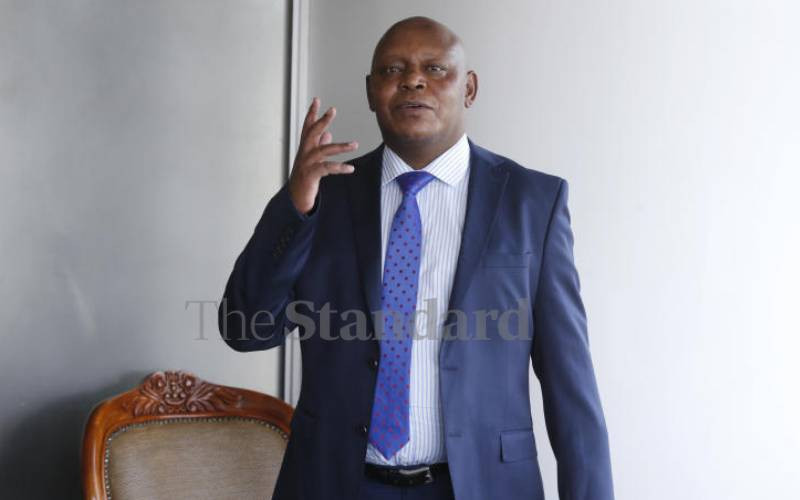×
The Standard e-Paper
Join Thousands Daily

At the time of his death at his Nairobi home on Monday evening, lawyer Paul Gicheru was still listed as "In ICC custody" on the International Criminal Court website.
Though released from The Hague-based court early last year, the man kept to a strict regiment of release condition which technically placed him in the court's custody.